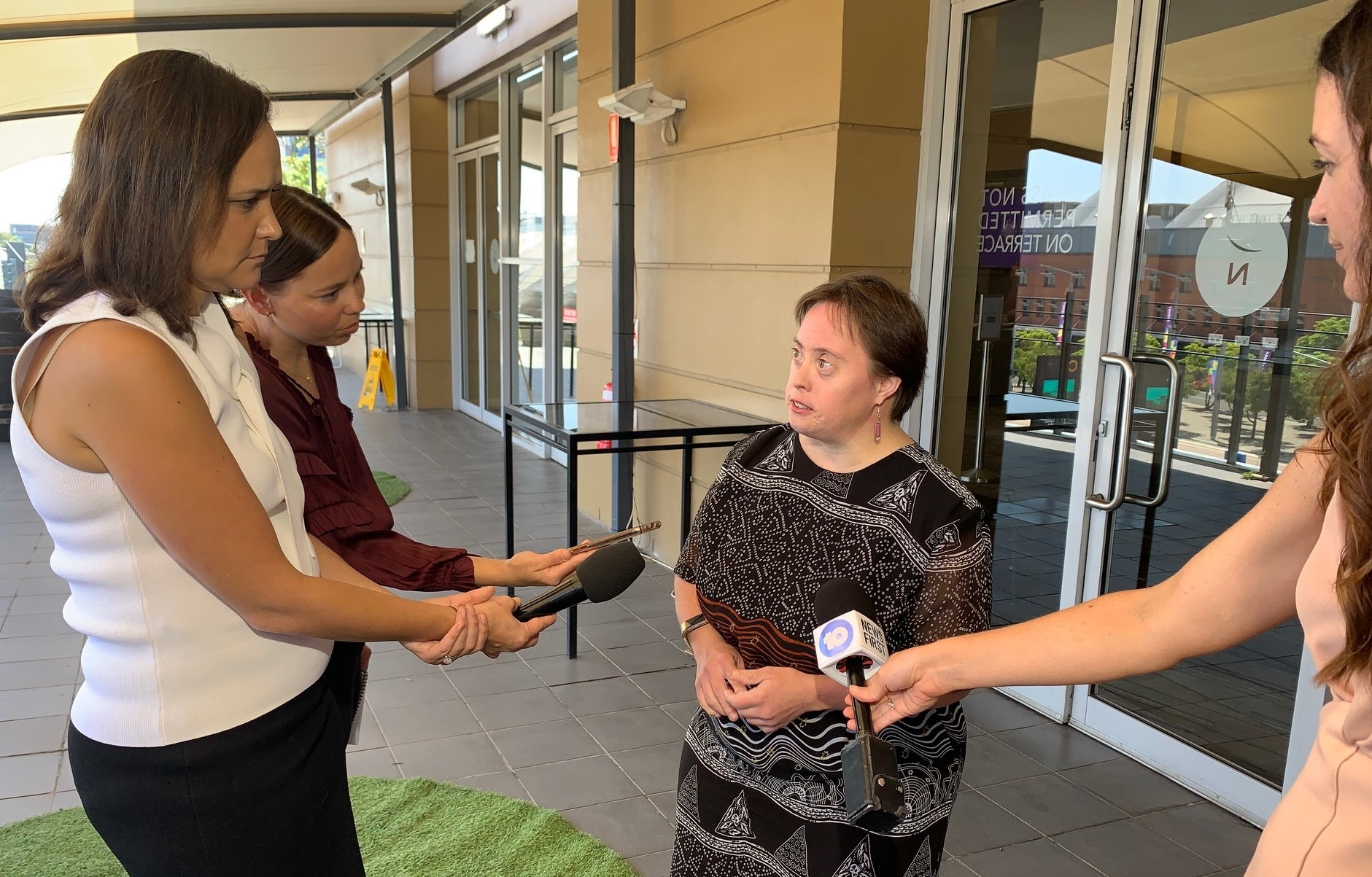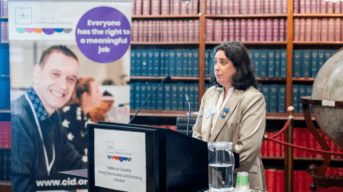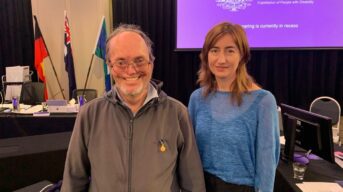
People will continue to die – underwhelming government response to the Disability Royal Commission
Read the Easy Read version of this article.
The Disability Royal Commission (DRC) heard that people with intellectual disability are suffering and dying day by day due to inadequate health care. The DRC found that people with cognitive disability were experiencing ongoing “systemic neglect” in the Australian healthcare system.
In September 2023, the DRC released its final report with over 200 recommendations for action by governments, including 26 recommendations specifically related to health care.
Ten months later, the Australian government has issued a response to the DRC recommendations on behalf of itself and State and Territory Governments. In this blog, CID focuses mainly on the leadership role of the Australian Government.
CID will publish a separate commentary on the NSW Government’s response to all aspects of the DRC report.
The many people with disability and family members who told the DRC about their traumatic experiences with the health system were entitled to expect very strong and clear commitments to urgent, funded action on the DRC’s recommendations.
The government response to the health recommendations does not meet this reasonable expectation.
There are some strikingly weak government responses to the DRC recommendations. For example, the Health Workforce Capability Framework is key to health staff developing the right skills to work with people with intellectual disability. Action on the framework needs the strongest support from government if it is to be taken up by accreditation authorities and universities. The Australian government’s commitment only to “engage with professional bodies and regulatory authorities to help progress this work” is weak and leaves a clear danger that the Framework will have little take-up.
The DRC also recommended a prohibition on non-therapeutic sterilisation of people with disability without their informed consent. This has in fact been the law in New South Wales since the 1980s but only the ACT and Western Australia have committed, even “in principle”, to going down the same path. The Australian Government does not engage with the option of national legislation on this issue in relation to children. This essentially means people with intellectual disability do not have the body autonomy the rest of us take for granted.
Alarmingly, the only national financial commitments made in response to the health recommendations are:
- a small amount to scope a framework for “disability health navigators” who would assist people to navigate the health system, and
- $3.7 million to continue the Primary Care Enhancement Program in four Primary Health Networks for a further two years. This is in the face of the National Roadmap for Improving the Health of People with Intellectual Disability saying that the funding for the four PHNs was “with a view to national rollout” after June 2024.
There is scope for the response of governments to lead to major improvements in the health of people with intellectual and other disability. However, this requires governments promptly to demonstrate stronger action than is committed to in the response.
If they are promptly and robustly implemented, statements in the government response have potential to make a significant impact. For example, all Australian governments have accepted that the right of people with disability to good health care should be embedded in key health policies and legislation. These include the Australian Charter of Health Care Rights and the National Quality and Safety Health Service Standards and Community Health Care Standards.
The governments have committed to reforming national health agreements to include a focus on people with disability. CID will be pressing for strong action on this commitment in the current review of the National Health Reform Agreement and the National Oral Health Plan.
CID is also pleased by a clear statement that the National Centre of Excellence in Intellectual Disability Health will keep its specialist focus on people with intellectual disability rather than being expected to have a broader cross-disability focus.
Over the last five years, successive federal governments have taken significant first steps towards addressing the health inequalities faced by people with intellectual disability. Despite the report of the DRC, the last federal budget was the first for many years that did not allocate new money to this task.
As we head towards a federal election, CID will continue our collaborative relationship with the federal Department of Health and Aged Care. We will be looking for quick and strong action backed up by necessary funding. If we do not see stronger commitments prior to the federal election, people with intellectual disability and their families will be doubtful about the strength of the political parties’ commitment to addressing the stark health inequalities experienced by people with intellectual disability.



 1800 424 065
1800 424 065 













